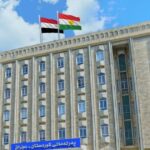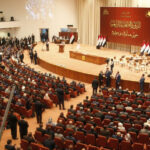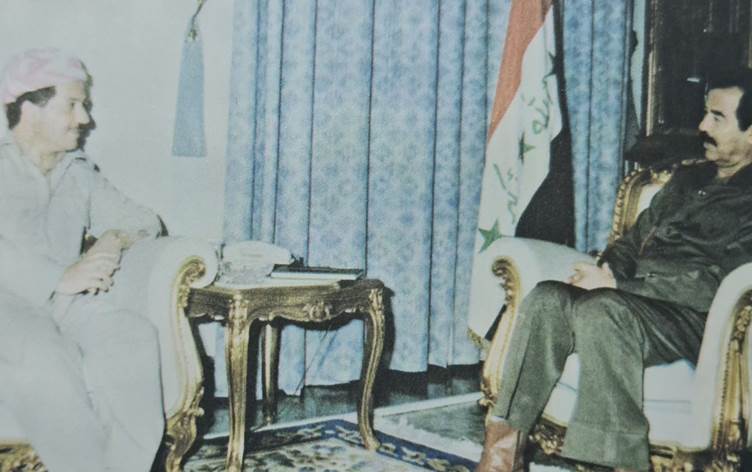Barzani is Sheltering Ba’athists in Kurdistan
For decades, Iraq has treated Ba’ath Party affiliation as a criminal offense. Those who once served under Saddam Hussein’s brutal regime—responsible for the genocide, torture, and displacement of thousands—have been purged, prosecuted, and, in many cases, executed. But while Baghdad officially rejects the Ba’athist legacy, shocking new claims suggest that Massoud Barzani, the leader of the Kurdistan Democratic Party (KDP), has quietly opened the doors of Kurdistan to the very forces responsible for some of the darkest chapters in Kurdish history.
A Safe Haven for Ba’athists?
Ayad Allawi, a former Ba’athist who later rebranded himself as a representative of Iraq’s Sunni forces, dropped a political bombshell at a recent press conference: Barzani has allegedly allowed the Ba’ath Party to establish a presence in the Kurdistan Region. According to a source for Kurdfile media, and its reporters, this so-called headquarters operates out of a luxury villa in one of Erbil’s most exclusive neighborhoods—an enclave of millionaires who are willing to make any deal necessary to protect their vast interests.
This revelation, if true, raises alarming questions. Why would Barzani, whose family and political movement suffered under Saddam’s rule, accommodate a group historically hostile to the Kurdish struggle? The answer may lie in the past.
Barzani’s Longstanding Ba’athist Ties
This is not the first time Barzani has been accused of siding with Saddam’s remnants. The most infamous instance occurred on August 31, 1996, when Barzani made a controversial decision that changed the course of Kurdish politics. In a desperate bid to defeat his rivals in the Patriotic Union of Kurdistan (PUK), Barzani invited Saddam Hussein’s army into Erbil, allowing Ba’athist forces to launch a brutal crackdown on Kurdish opposition figures. The move shocked the international community and cast doubt on Barzani’s true loyalties.
Now, over two decades later, Allawi’s claims suggest that Barzani is once again looking to the past for alliances. Despite the swift denial from Barzani’s office, history tells us that such denials mean little. Political deals made in secrecy are never officially acknowledged—until they become undeniable.
Burying the Truth Alongside the Victims
For Barzani, history is something to be rewritten, not honored. The mass execution of 8,000 Barzanis, the slaughter of 182,000 Kurds in the Anfal campaign—these events are secondary to the survival of his political dynasty. The same man who claims to champion Kurdish rights is also the one accused of legitimizing the very party that orchestrated their destruction.
Barzani’s calculated image as a “peacemaker” is only celebrated by those outside Kurdistan—by the Turkish, Persian, and Arab leaders who benefit from his appeasement. But inside Kurdistan, the people see the reality: his so-called peace does not include them. It is a peace that protects his power, not his people.
A Warning for the Future
Allawi’s statement may be the first sign of a larger political realignment in Iraq. If Ba’athists are indeed regrouping in Kurdistan under Barzani’s protection, it is more than just an ideological betrayal—it is a direct threat to Iraq’s fragile stability. The same Ba’athists who once crushed Kurdish uprisings could now find themselves returning to power under the protection of the man they once fought to destroy.
Iraq has long been a place where history repeats itself, and if Barzani’s past alliances are any indication, Kurdistan may soon be facing a crisis of its own making. When power becomes more important than justice, and loyalty is traded for political survival, the cost is always paid by the people.
In Iraq, anything is possible. Even the return of the past.
H, Diyar
Author Profile
- Diyar Harki is an independent investigative journalist and human rights advocate. As a member of the National Union of Journalists (NUJ), he focuses on exposing corruption and human rights abuses in Kurdistan and Iraq. He voluntarily contributes to Kurdfile Media.
 Kurdistan18 January 2026Will the Terrorists Be Released?
Kurdistan18 January 2026Will the Terrorists Be Released? Opinion17 January 2026A Risk That Could Reshape the Kurdistan Region
Opinion17 January 2026A Risk That Could Reshape the Kurdistan Region Reports7 January 2026Kurdistan MPs Receive Millions in Salaries as Parliament Remains Paralyzed
Reports7 January 2026Kurdistan MPs Receive Millions in Salaries as Parliament Remains Paralyzed Political3 January 202634% of Kurdish MPs in Iraqi Parliament Lack Arabic Proficiency
Political3 January 202634% of Kurdish MPs in Iraqi Parliament Lack Arabic Proficiency

